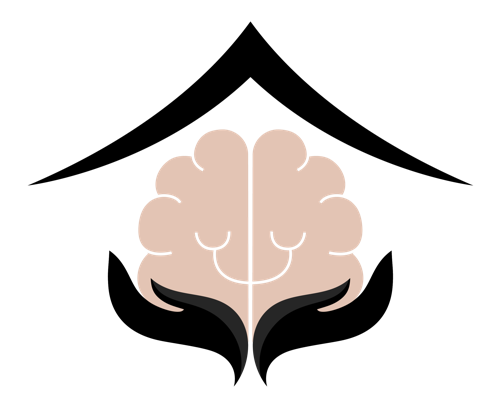
Navigating relationships can be challenging for anyone, but for adults with Attention-Deficit/Hyperactivity Disorder (ADHD), these challenges can be amplified. ADHD can affect every aspect of a person’s life, including their relationships with partners, family members, and friends. However, with understanding, patience, and strategic approaches, individuals with ADHD can build and maintain strong, healthy relationships. This blog explores how ADHD impacts relationships and offers practical advice for fostering connection and communication.
Understanding the Impact of ADHD on Relationships
ADHD can manifest in various ways that affect relationships, including impulsivity, forgetfulness, difficulty maintaining attention, and emotional dysregulation. These symptoms can lead to misunderstandings, frustration, and feelings of neglect or insensitivity in relationships. Recognizing these challenges is the first step toward addressing them and building stronger bonds.
Communication is Key
Effective communication is fundamental in any relationship but is especially crucial when one partner has ADHD. Here are some tips for enhancing communication:
- Practice Active Listening: Make a conscious effort to listen to your partner, maintaining eye contact and acknowledging their feelings. This can help mitigate misunderstandings and make your partner feel valued.
- Use “I” Statements: Express your thoughts and feelings by starting sentences with “I” (e.g., “I feel overwhelmed when…”) instead of “You” (e.g., “You never remember to…”), which can come across as accusatory.
- Schedule Check-ins: Regularly scheduled times to discuss the relationship and any concerns can provide structure and ensure both partners feel heard.
Managing ADHD Together
Working as a team can turn the challenges of ADHD into opportunities for growth in the relationship:
- Educate Yourselves: Both partners learning about ADHD can foster understanding and empathy. Knowing the reasons behind certain behaviors can make them easier to navigate.
- Develop Systems and Routines: Establishing routines can help manage the symptoms of ADHD. For example, setting reminders for important dates or organizing tasks into lists can help alleviate forgetfulness and procrastination.
- Seek Professional Help: Couples therapy, especially with a therapist experienced in ADHD, can provide valuable strategies tailored to your relationship’s unique needs.
Nurturing Connection
Strengthening the emotional bond between partners is essential for a healthy relationship:
- Focus on Strengths: Every individual has strengths and weaknesses. Focusing on each other’s strengths can build a more positive relationship environment.
- Plan Quality Time Together: Regularly spending quality time together can strengthen your connection. Choose activities that both partners enjoy and accommodate the needs of each partner.
- Show Appreciation: Small gestures of appreciation and acknowledgment can go a long way in making your partner feel loved and valued.
Handling Conflicts Constructively
Conflict is a natural part of any relationship. Here’s how to handle it constructively:
- Take Timeouts: If emotions run high, a short break can prevent hurtful arguments and allow cooler heads to prevail.
- Focus on Solutions: Instead of dwelling on the problem, work together to find solutions. This positive approach can prevent conflicts from escalating.
Conclusion
ADHD can pose challenges to relationships, but these challenges can be overcome with the right strategies and a commitment to understanding and patience. By fostering open communication, working together to manage ADHD symptoms, nurturing your connection, and handling conflicts constructively, individuals with ADHD and their partners can build and maintain strong, fulfilling relationships. Remember, the key to a strong bond lies in mutual respect, love, and the willingness to grow together.
Think you may have ADHD? Safe Haven Health offers an online ADHD test that requires no appointment! Learn more here.



